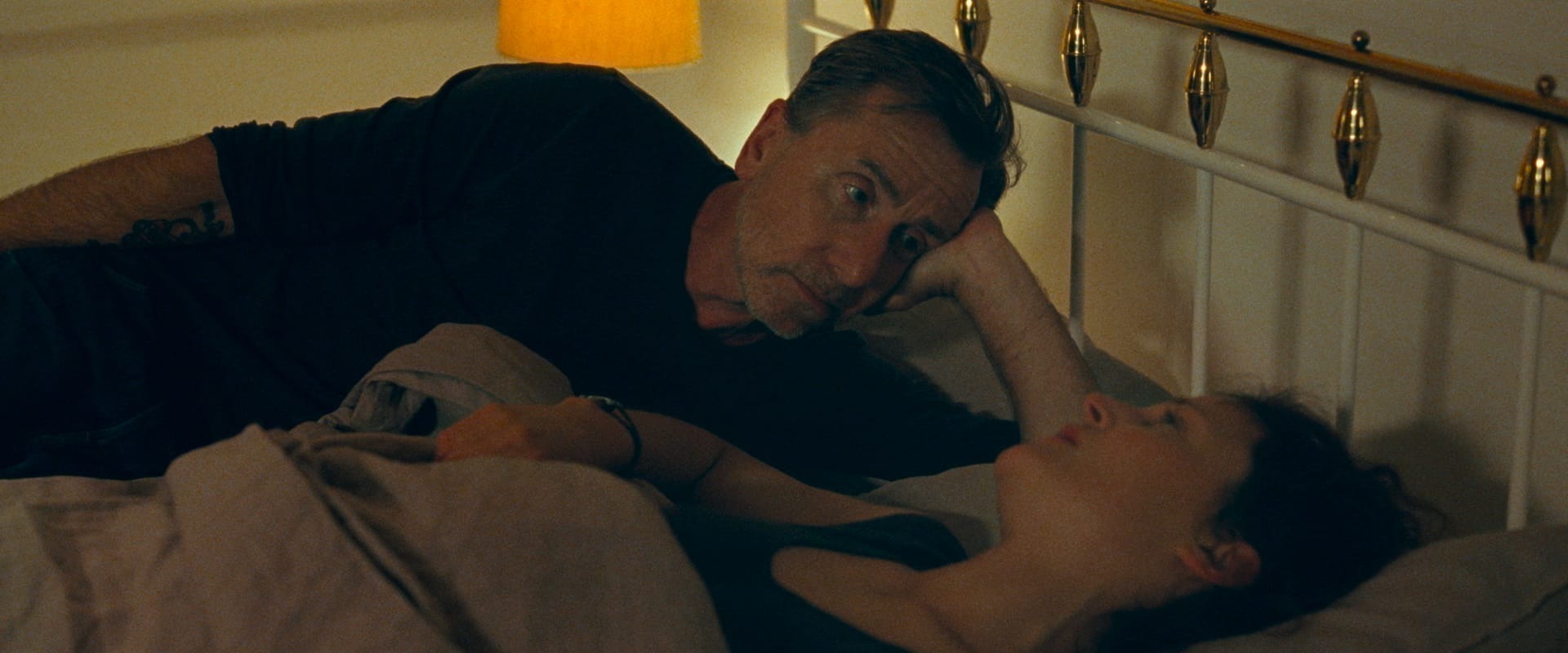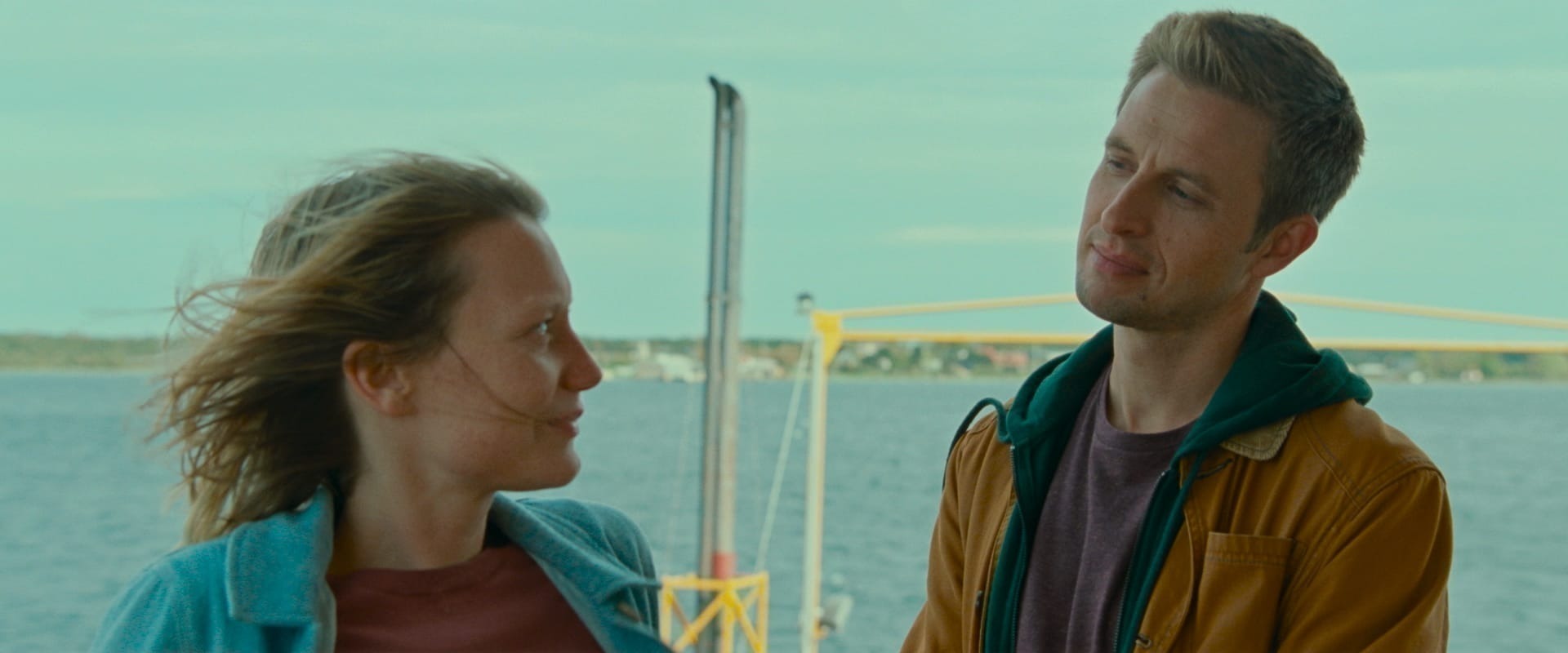RELATED ARTICLE
In the House of Cinema: A Conversation with Mia Hansen-Løve
The Criterion Collection

I think here I will leave you. It has come to seem
there is no perfect ending.
Indeed, there are infinite endings.
Or perhaps, once one begins,
there are only endings.
—Louise Glück, “Faithful and Virtuous Night”
The films of Mia Hansen-Løve tend not to end—they simply stop, like a train at a station, letting passengers off. Her conclusions leave us in medias res, gazing at a hat swirling in the wind after a confused young woman has reunited with one of two lovers (2011’s Goodbye First Love); or at a middle-aged divorcée singing to her new grandchild in the midst of Christmas dinner (2016’s Things to Come); or at a young man, battered by a hedonistic life, calmly reading a poem in bed (2014’s Eden). By then, brutal closures—whether of relationships, careers, or, most often, lives—have long come and gone. These movies stretch beyond such “endings,” tracing a straight line rather than the typical curved arc of a plot, as their characters figure out how to inhabit an after—an afterlife, if you will—that is different from the before.
Hansen-Løve’s seventh feature, Bergman Island (2021), takes place entirely in the aftermath, in a sense: death precedes the film rather than punctuates it. The director has said that one of the inspirations for the movie was a Le Monde article published after Ingmar Bergman passed away in 2007—the same year she made her directorial feature debut with All Is Forgiven, a delicate drama about a drug-addicted writer and his estranged daughter. The article made Hansen-Løve realize that Bergman wasn’t only “this great creator living on his island” but also “a great woman lover,” with a complicated family life. Ten years later, she undertook an artist’s residency at the Bergman Estate on Fårö—the island where the Swedish auteur lived and worked for years—and began conjuring a script about the entanglements of creating and loving. The resulting movie follows Chris (Vicky Krieps) and her life partner and fellow filmmaker, Tony (Tim Roth), who both come to Fårö for a residency and attempt to write screenplays while navigating the mysteries of couplehood and creative inspiration.
As with all of Hansen-Løve’s work, Bergman Island culls from autobiography: Chris’s relationship with the older, more famous Tony, a maker of culty genre films, invites comparisons with Hansen-Løve’s own long partnership with the filmmaker Olivier Assayas. Hansen-Løve’s first brushes with cinema were small roles in Assayas’s Late August, Early September (1998) and Les destinées sentimentales (2000). A few years later, she began a relationship with the director that lasted nearly a decade and a half, during which time she became a celebrated filmmaker in her own right. Yet her unshowy, personal dramas—so attuned to the everyday as to efface the seams of filmic craft—can seem deceptively simple. The balmy Bergman Island is no different, but as Hansen-Løve’s first true Künstlerroman, it offers something new: a glimpse at the existential heavy lift of her light-as-air autofictions.
Where the heroines of films like Things to Come, The Father of My Children (2009), and One Fine Morning (2022) learn how to remake themselves after the loss of a parent, Chris must learn how to make art in the wake of a master filmmaker whose paternal shadow she yearns to both inhabit and escape. Unlike the relentlessly linear, forward-moving approach to time that characterizes most of Hansen-Løve’s work, Chris’s quest requires a different kind of temporality: the unpredictable dilations of creative time. Bergman Island dwells in just a few days’ span, as Chris and Tony explore Fårö and work on their latest scripts; eventually, the narrative splits into two and then loops back, taking us in and out of the film that Chris is tortuously writing.

